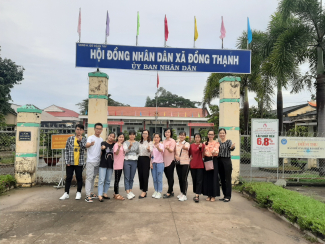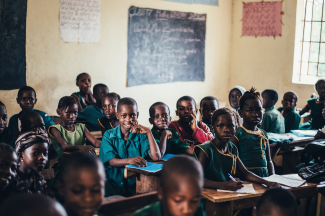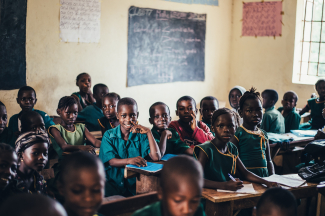FILTER
Displaying 41 - 50 of 109 publications
Women’s time allocation is a dimension of women’s empowerment in agriculture, and is recognised as a pathway through which agriculture can affect child nutritional status in developing countries...
| Peer Reviewed | Uganda
WE find that construction of toilets reduces sexual assaults on women, but do not discern consistent changes in rapes. Our findings for sexual assaults are robust to a variety of controls...
| Peer Reviewed | IndiaAbstract This study investigates gender-differentiated determinants of rice farm households’ adaptive measures to salinity intrusion in three rice-producing provinces in the Mekong Delta, Vietnam. The…
| EfD Discussion Paper | VietnamWhat are the most significant achievements and challenges women have faced over the last 20 years? This chapter aims to provide a more in-depth explanation of women's pathway to empowerment in seven…
| Peer Reviewed | ColombiaAbstract Background The slow pace of fertility decline in Africa relative to other parts of the world has important implications for the region’s economic development. Modern contraceptive use is seen…
| Peer Reviewed | GhanaThis paper identified socioeconomic, institutional and technological factors affecting women labor utilization in an on-farm and less rewarding staple crop value chain activities such as clearing…
| Peer Reviewed |Abstract Gender inequality is one of the main drivers of food insecurity in sub-Saharan Africa, as it is the main threat to the agricultural production activities of women due to climate change. The…
| Peer Reviewed | Nigeria
A Research Brief Based on EfD Discussion Paper 22-06, Unmasking the Mystery of the Varying Benefits from Electrification (2022), by Nicholas Kilimani and Edward Bbaale (Makerere University, Kampala...
| Research Brief | Uganda
This study shows that access to grid connectivity increases the number of work hours, female employment, household expenditure, and certain educational outcomes.
| EfD Discussion Paper | Uganda
Loans can help women lower poverty and become economically empowered.
| Peer Reviewed |

